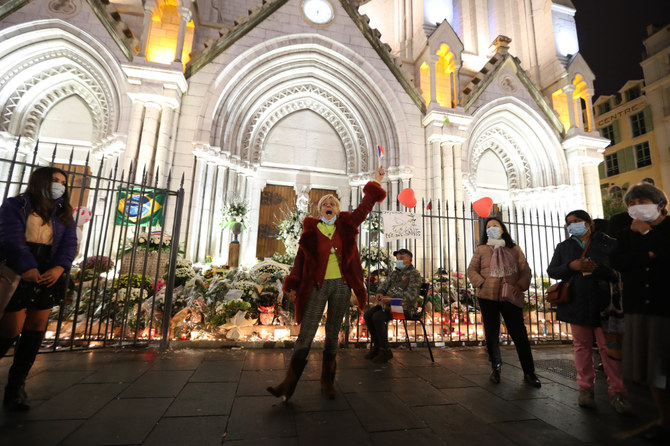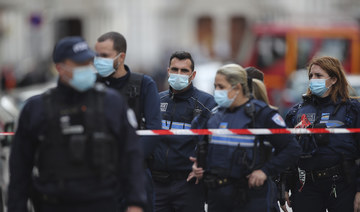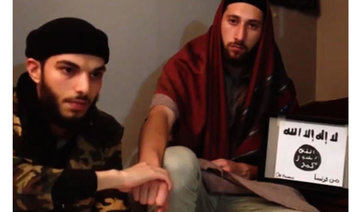RIYADH: The King Abdullah bin Abdul Aziz International Center for Interreligious and Intercultural Dialogue (KAICIID), in collaboration with the European Council of Religious Leaders, organized a virtual dialogue seminar under the theme “The Contributions of Religious Leaders in Tackling Violent Extremism and Promoting Social Cohesion in Europe: Fight and Response.”
The seminar was part of a series of initiatives by KAICIID to promote social cohesion in Europe following recent terrorist attacks in France and Austria.
KAICIID’s secretary-general, Faisal bin Muaammar, said that terrorists’ behavior stemmed from a false and misleading understanding of their religion. “They chose the language of violence, leaving behind all peaceful alternatives,” he said.
HIGHLIGHT
The seminar was part of a series of initiatives by KAICIID to promote social cohesion in Europe following recent terrorist attacks in France and Austria.
Bin Muaammar highighted the effects social media platforms have in fueling violence and hatred after similar attacks in recent years.
“The responses and counter-responses from followers of religions and cultures in Europe and the world at large fuel controversy, hate speech and crimes according to research and studies adopted in this regard,” he said.
“The abuse of religion on one hand, and the targeting of societal components, religion, race and culture, on the other hand, have become an exciting feature of some societies. Last week, there was an attack on a rabbi on a street in Vienna because of his apparent religious identity only. Behind every story like this, there may be hundreds of similar stories out of the spotlight,” he added.
Participants addressed several themes, including the effectiveness of dialogue, and strengthening partnerships between religious leaders and policymakers to prevent extremism and potential violence.
Bin Muammar said that the virtual seminar reflects the center’s attempt to “provide space for reflection, confidence and participation.”














